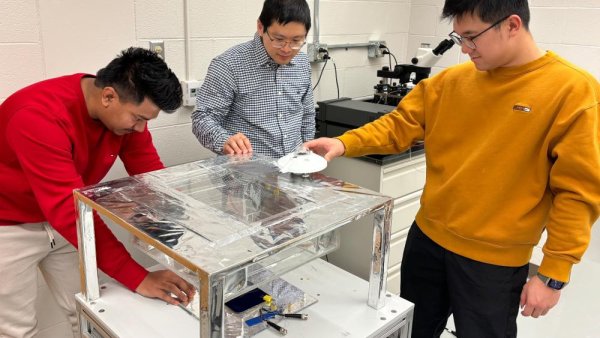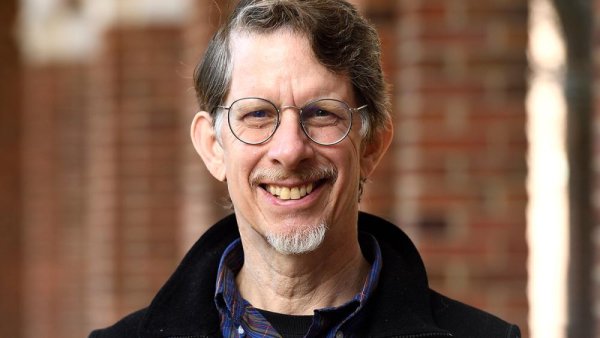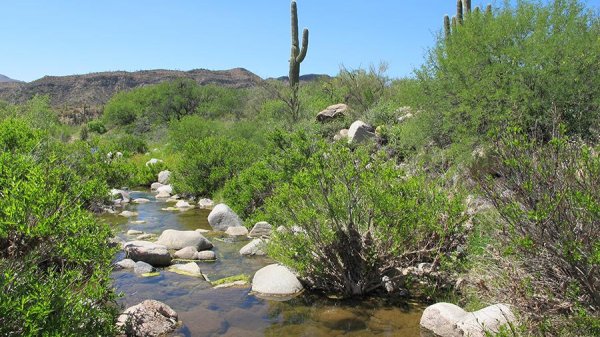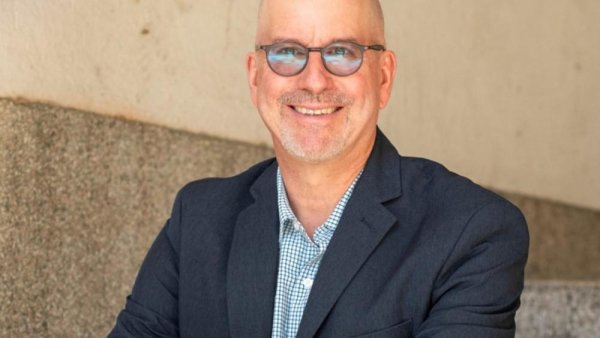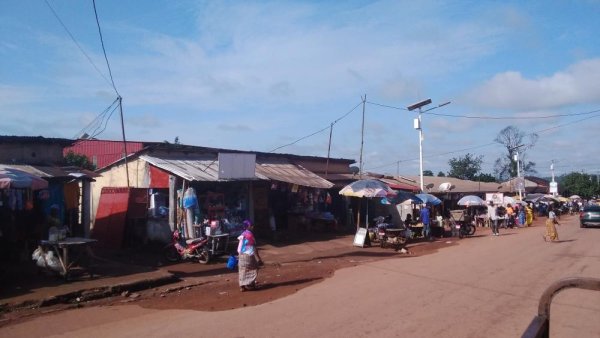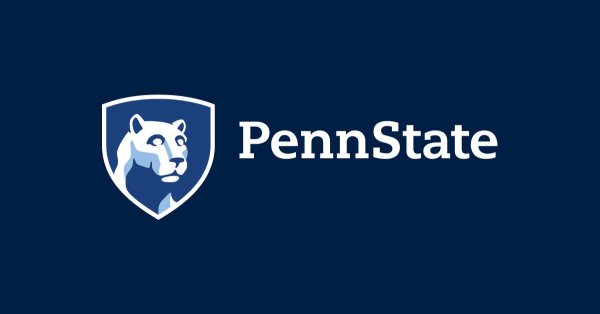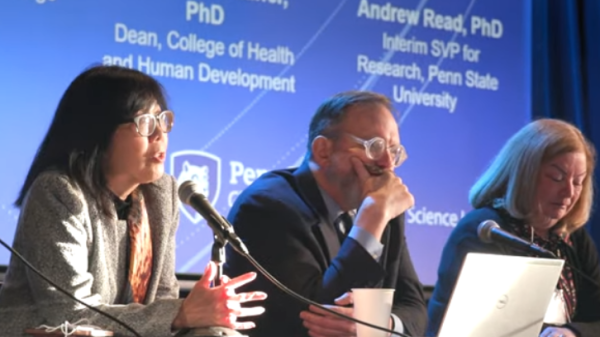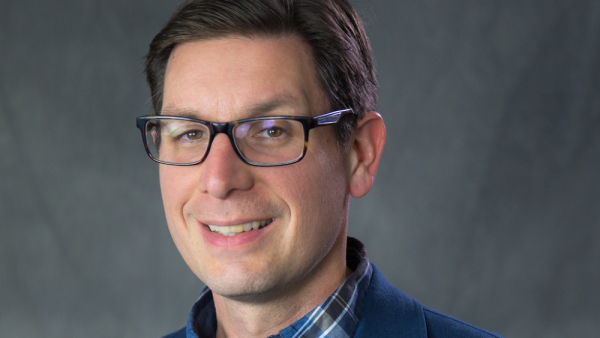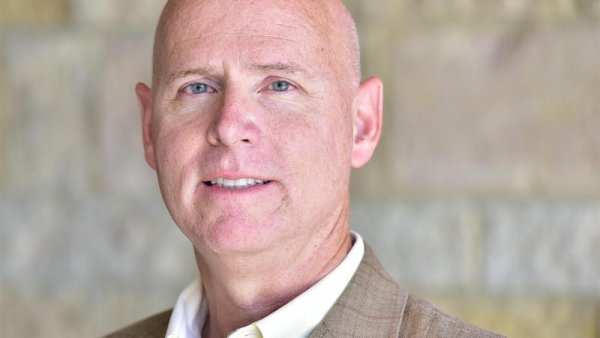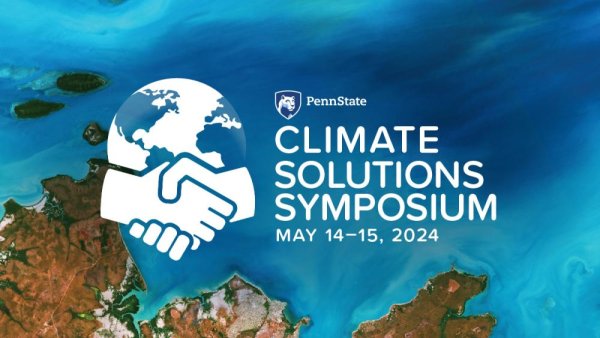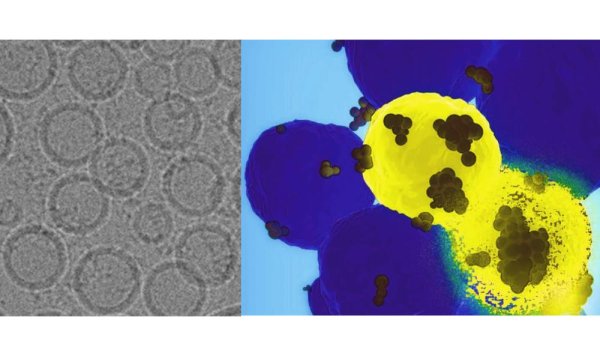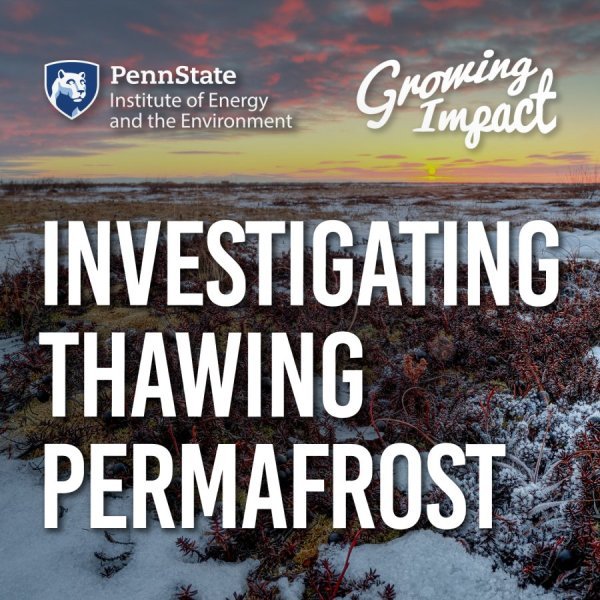Sun and space: Harnessing cold universe and solar power for renewable energy
| psu.edu
As traditional energy methods increase in cost and take their toll on the environment, Penn State researchers are turning to two underutilized renewable resources, the sun and outer space, for solutions to generate electricity and passively cool down structures. A mechanical engineering research team developed and tested a dual cooling and power strategy that simultaneously harvests solar energy in a solar cell and directs heat away from Earth through radiative cooling.
March 18 EarthTalks: Heat adaptation actions for cities to improve public health
| psu.edu
Benjamin Hobbs, Theodore M. and Kay W. Schad Professor of Environmental Management, Rui Shi, doctoral student, and Ali Eyni, doctoral student, all at Johns Hopkins University, will give the talk, “City-HEAT (Heat Equity Adaptation Tool): A multi-objective, uncertainty-based planning framework for urban heat adaptation and management,” at 4 p.m. on Monday, March 18, in 112 Walker Building on the University Park campus.
Forest, stream habitats keep energy exchanges in balance, global team finds
| psu.edu
Forests and streams are separate but linked ecosystems, existing side by side, with energy and nutrients crossing their porous borders and flowing back and forth between them. For example, leaves fall from trees, enter streams, decay and feed aquatic insects. Those insects emerge from the waters and are eaten by birds and bats. An international team led by Penn State researchers has now found that these ecosystems appear to keep the energy exchanges in balance — a finding that the scientists called surprising.
E. Willard and Ruby S. Miller Endowed Lecture slated for March 15
| psu.edu
Harvey J. Miller, professor of geography at Ohio State University, will give the talk "Mapping Columbus' Ghost Neighborhoods: Using AI and GIS to Create 3D Models of Neighborhoods Damaged by Urban Highways and Urban Renewal in the 20th Century" at the annual E. Willard and Ruby S. Miller Endowed Lecture at 3:30 p.m. on Friday, March 15.
Q&A: How can we improve the nutrition of children born in low-income countries?
| psu.edu
To support healthy growth and development of infants and young children in low-income countries, Penn State researchers are working to translate evidence-based strategies for improving dietary quality using tailored and culturally appropriate approaches.
Call for ambassadors for Research-to-Policy Collaboration program
| psu.edu
Research findings can often be underutilized in policymaking, leading to limited public benefit from taxpayer-funded research. A program at Penn State is offering scholars from across the country the opportunity to engage with policymakers to help research evidence and expertise inform policy decisions.
Clinical and Translational Science Institute hosts external program leadership
| psu.edu
Penn State Clinical and Translational Science Institute’s recent annual External Advisory Board meeting overflowed with innovative ideas; impactful work across the commonwealth; and recognition, praise and insightful feedback from board members.
Knappenberger named chemistry department head
| psu.edu
Kenneth Knappenberger Jr., professor of chemistry, has been named the new head of the Penn State Department of Chemistry, effective July 1. Knappenberger succeeds Phil Bevilacqua, who has served as the head of the department since 2018.
Robert J. Kumpf to present 2024 Richard E. Tressler Lecture on March 14
| psu.edu
The 2024 Richard E. Tressler Lecture in Materials will be held at 3:05 p.m. Thursday, March 14, in 111 Wartik Laboratory on the Penn State University Park campus. Robert J. Kumpf, managing director at Deloitte, will deliver the lecture, “The long history and bright future of applied materials science.”
2024 Climate Solutions Symposium registration open
| psu.edu
Registration is open for the 2024 Climate Solutions Symposium, which is designed to bring people together to stimulate projects and partnerships where Penn State’s interdisciplinary research strengths can inform and transform climate solutions.
The return of measles
| theatlantic.com
Cases are creeping up in America, and not because of politics. This article quotes Matthew Ferrari, professor of biology and director of Penn State's Center for Infectious Disease Dynamics.
GPS nanoparticle platform precisely delivers therapeutic payload to cancer cells
| psu.edu
A newly developed “GPS nanoparticle” injected intravenously can home in on cancer cells to deliver a genetic punch to the protein implicated in tumor growth and spread, according to researchers from Penn State. They tested their approach in human cell lines and in mice to effectively knock down a cancer-causing gene, reporting that the technique may potentially offer a more precise and effective treatment for notoriously hard-to-treat basal-like breast cancers. They published the work in ACS Nano.

